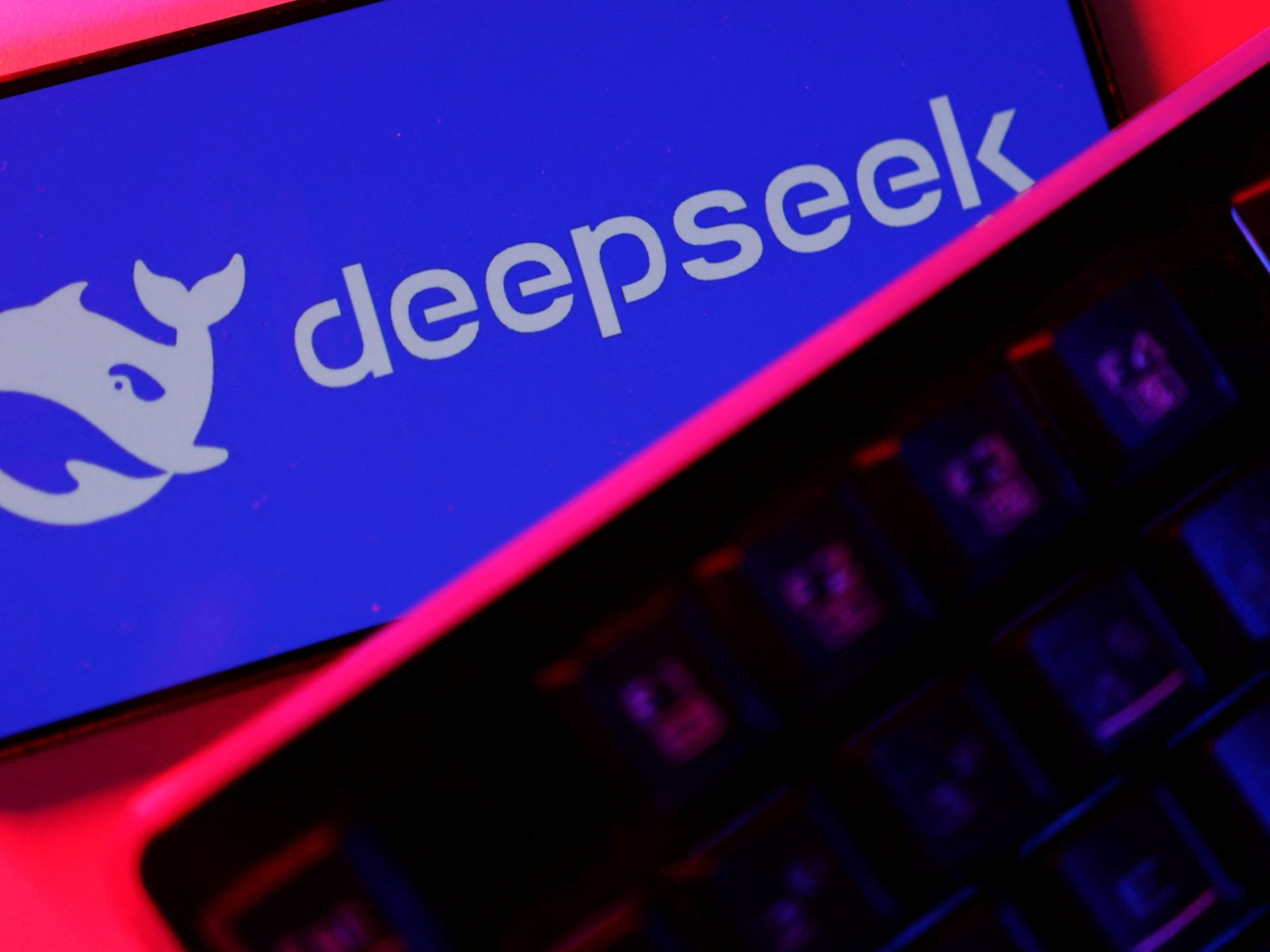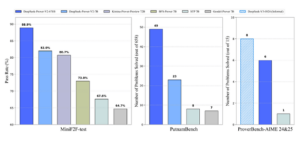South Korean Watchdog Alleges DeepSeek Transmitted Data Without Consent

South Korean Data Watchdog Accuses AI Firm of Data Misuse
Background on DeepSeek and Its Technology
DeepSeek, a Chinese startup, gained widespread attention earlier this year with the launch of its AI-powered chatbot. This technology, similar to models like ChatGPT, captivated the tech world and sparked discussions about the competitive landscape of artificial intelligence. However, recent actions by South Korea’s data protection authority have raised serious concerns over the misuse of personal information associated with the chatbot’s operation.
Allegations of Data Transfer Without Consent
On Thursday, the Personal Information Protection Commission (PIPC) of South Korea made significant accusations against DeepSeek. The Commission claimed that the firm had been transferring user data to several companies located in China and the U.S. This activity took place before the company temporarily removed its AI model from app stores in February, following a looming privacy investigation. The allegations center around user prompts and critical device and network information being sent to a Beijing-based cloud service provider known as Volcano Engine.
According to Nam Seok, the head of the Commission’s investigative bureau, there was a violation of user privacy rights given that the transfers occurred without explicit consent. This situation highlights the critical importance of data protection in the rapidly evolving sphere of artificial intelligence.
DeepSeek’s Response to the Allegations
In response to the PIPC’s findings, DeepSeek acknowledged that it had not fully considered the implications of Korea’s data protection regulations. The company showed a willingness to comply with the Commission’s directives and halted new downloads of its app pending the outcome of the review. However, DeepSeek has not yet issued a formal comment regarding the situation.
Reaction from China’s Ministry of Foreign Affairs
Following these allegations, the Chinese Ministry of Foreign Affairs released a statement asserting its commitment to data privacy and security. Ministry spokesperson Guo Jiakun emphasized that Chinese authorities have never encouraged or engaged in illegal gathering or storage of data by companies and individuals. This reaction illustrates the sensitive nature of the issue and China’s awareness of the international implications of such claims.
Impact of DeepSeek’s R1 Model
DeepSeek’s AI model, designated R1, made headlines when it was announced that the developers spent less than $6 million on computing resources to train it. This starkly contrasts with the multi-billion dollar budgets seen at prominent tech firms like OpenAI and Google. The revelation that a Chinese startup could potentially rival established U.S. tech players challenges the prevailing assumptions of American dominance in the AI sector. Such developments have prompted investors and analysts to reconsider the high market valuations of leading firms in the AI space, such as Nvidia and Meta.
Marc Andreessen, a well-known tech entrepreneur and venture capitalist in Silicon Valley, referred to DeepSeek’s achievement as “AI’s Sputnik moment.” This phrase suggests that DeepSeek’s advancements in AI technology could represent a pivotal point, reminiscent of the historical opportunities and challenges presented by the Soviet Union’s launch of Sputnik in the Cold War era.
Conclusion on AI Compliance and Ethical Standards
The unfolding situation with DeepSeek serves as a reminder of the critical need for compliance with data privacy laws in emerging technologies. As AI continues to develop and expand its footprint globally, the stakes for user data protection grow higher. The scrutiny faced by DeepSeek underscores the ongoing dialogue around ethical standards in artificial intelligence, particularly in regions with varying data governance frameworks.
As technology advances rapidly, it is essential for companies to ensure that their operations respect user privacy and adhere strictly to data protection regulations. The outcome of this case may have implications not only for the involved parties but also for the broader landscape of AI and data privacy around the world.






